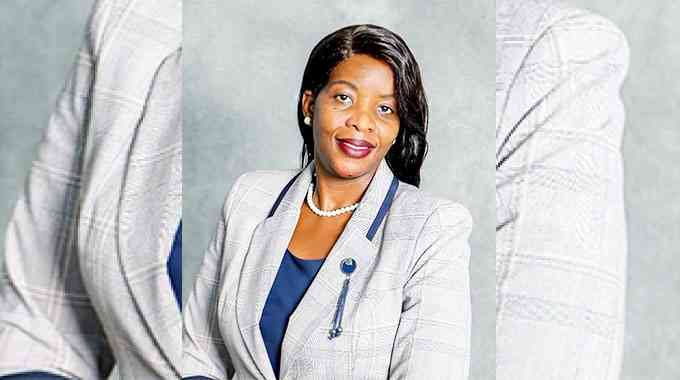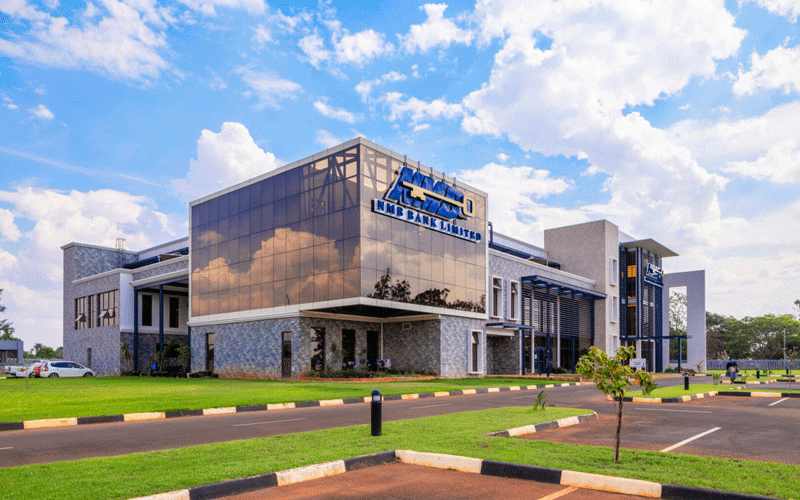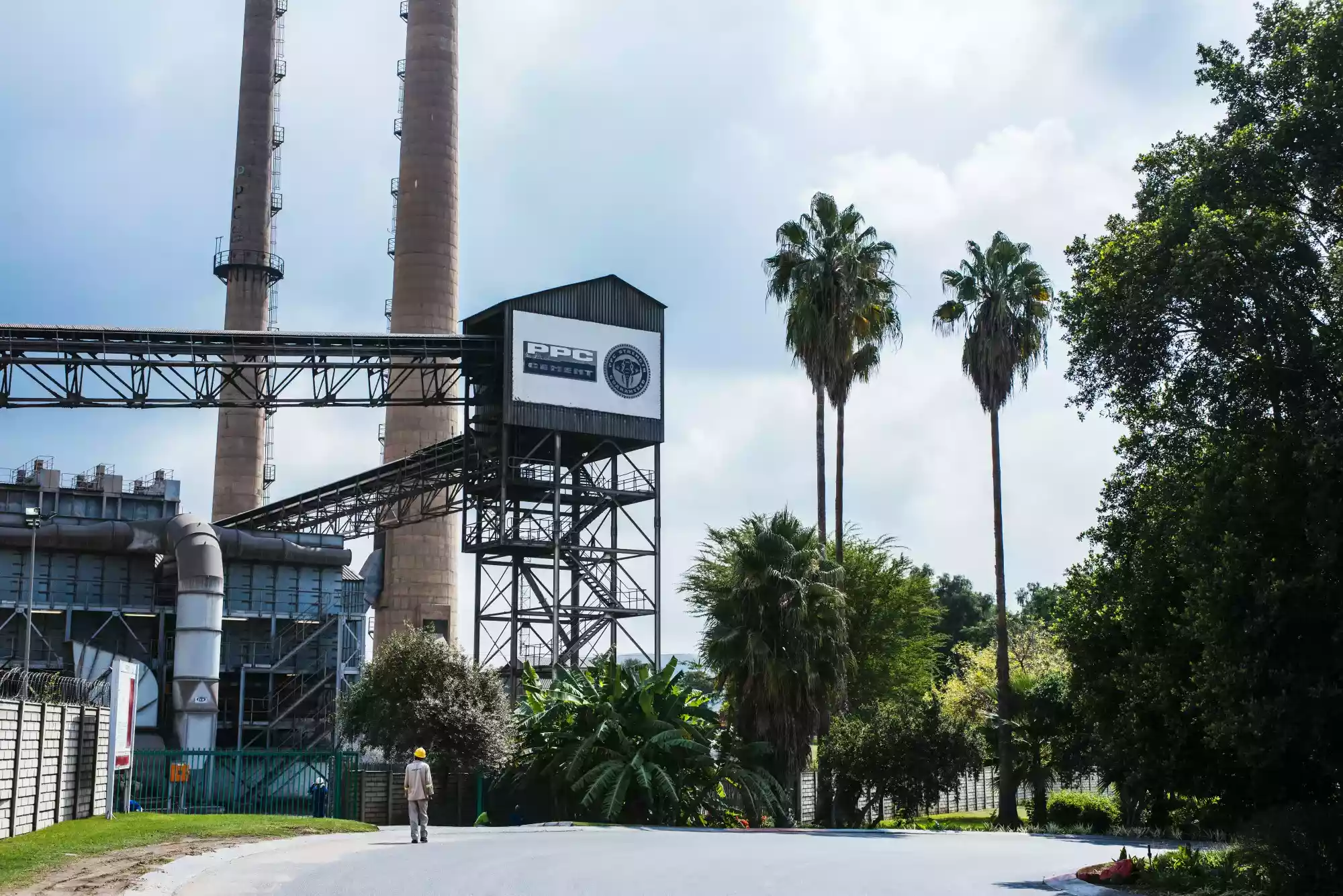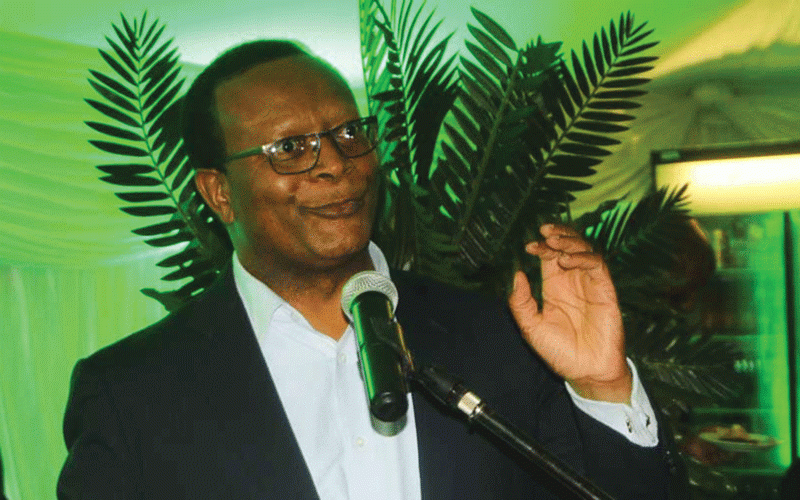
ALPHA Media Holdings (AMH) chairman and owner Trevor Ncube has issued a call to action to solve the nation’s polarisation and toxicity, as it is impeding Zimbabwe’s economic development.
In his welcome remarks at the ongoing third edition of the four-day 2024 Ideas Festival being held in Nyanga, on Tuesday, Ncube urged stakeholders and nation-builders to have meaningful discussions and interactions that promote social progress and economic growth.
Zimbabwe has a plethora of challenges stunting its development.
These include public debt of US$20,95 billion as of June (although independent analysts place this figure higher), power and water shortages, dilapidating infrastructure, declining foreign investment, bureaucracy bottlenecks, policy inconsistencies, currency volatility and corruption.
The festival, which began on Tuesday and hosted by In Conversation with Trevor, is themed Transformative Ideas to Power Innovation and Entrepreneurship.
AMH is a private media company that publishes two weeklies, Zimbabwe Independent and The Standard and the daily paper NewsDay. It also owns online broadcasting company HSTV.
“We really need to answer questions like what are the things that are important for building this nation? And what are the ideas that are not necessarily trending, but are important for building our society? And what we figured was that our nation is broken and divided. Our nation has a lot of toxicity and our conversations tend to be at cross-temporal,” Ncube said.
“We do not talk to each other and we talk across each other without sitting down and thrashing out things as it were.”
- Masunda lands global sugar industry position
- In Conversation with Trevor: Chisamba: Let’s be proud of ourselves
- In Conversation with Trevor : How car crash changed my life
- In Conversation With Trevor: ‘We lost our humanity’
Keep Reading
He said to address the nation’s problems, leaders should encourage productive dialogue among themselves.
“Zimbabwe is a broken nation, plagued by toxicity, brokenness and division, where meaningful conversations are scarce,” Ncube said.
“We do not engage with ideas that truly matter, instead talking across each other without resolving issues. To build a better future, we must confront our challenges head-on and foster constructive dialogue.”
The AMH boss asserted that political leaders needed to engage in personal reformation and introspection in order for them to discover solutions to the nation’s problems other than using the political route.
“Zimbabwe and Africa’s transformation begins with individual change, not just politics. We need personal reformation, reflection on our values and principles and trained leaders. Our problems start at the family level; if the family is broken, that family will not produce a functional society,” Ncube said.
“And it is the same at the national level. Why is it that people who go into politics are never trained? Why is it that everybody else bankers, professors, nurses and so forth get trained? We need to prepare the next leadership for this continent and that requires training politicians on what politics is truly about.”
Entrepreneur and strategist Prechard Mhako, who presented at the conference, said the Small and Medium Enterprises (SME) Act should be updated while a startups legislation must be formulated and gazetted.
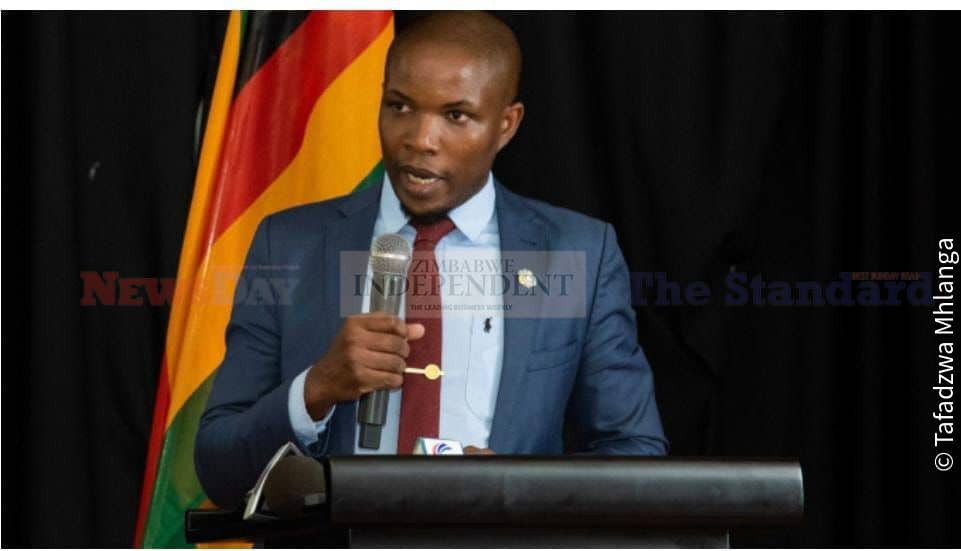
“So why the Start-ups Act? The Start-ups Act is an essential piece of legislation because it will mainstream entrepreneurship, not just startups. Comprehensive entrepreneurship legislation has been observed to accelerate economic development,” he said.
“A case in point is China, where they have comprehensive entrepreneurship legislation that provides business and fiscal incentives to their small businesses.”
Mhako said countries like South Africa, Nigeria and Kenya had a Start-ups Act that was an extension of their SME or Small Business Act, which integrates itself with other pieces of legislation that created a comprehensive entrepreneurship ecosystem.
This, he said, is what Zimbabwe needed to emulate to push economic development and formalisation of SMEs.
“Currently, in Zimbabwe, we have what we call an SME Act. It is now outdated, it is now archaic and it is now missing the most important issues,” Mhako added.
“This piece of legislation was enacted a couple of years ago for a different reason, for a different world that no longer exists.
“There is a need to make some changes to it, so it addresses the pertinent issues that are happening now.”

